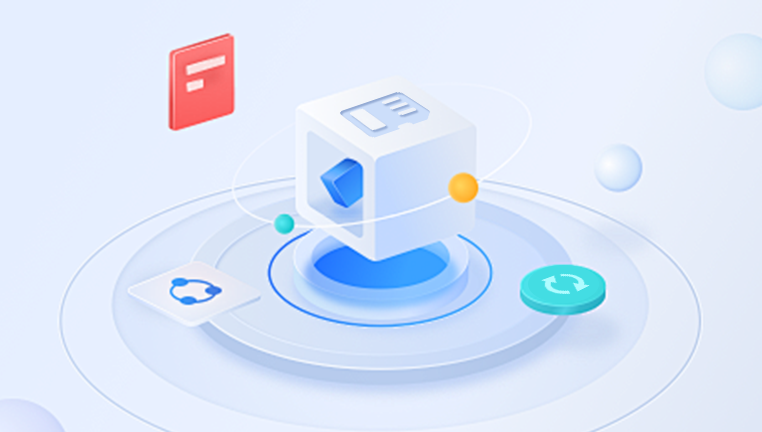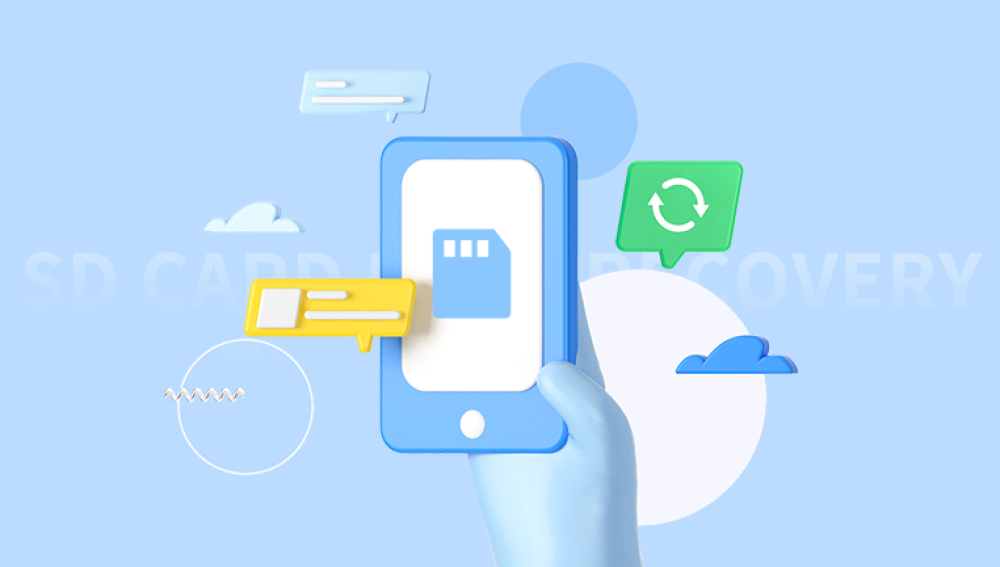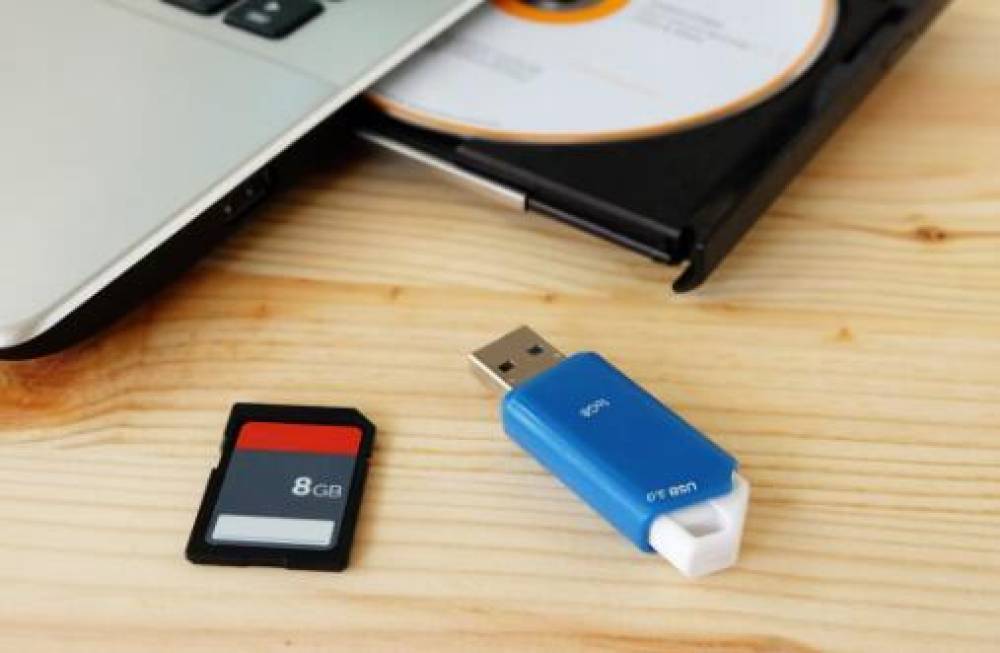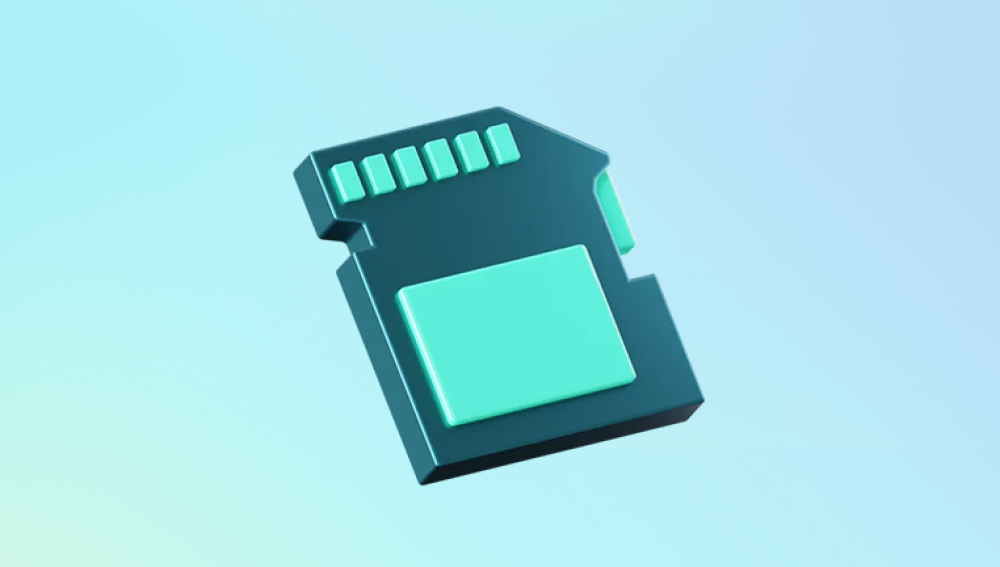SD cards are a staple in today's digital world. Used in smartphones, digital cameras, tablets, dash cams, drones, and countless other devices, they store critical data ranging from personal photos and videos to important documents and application files. However, like any storage medium, SD cards are not immune to issues. One of the most distressing problems users encounter is a corrupted SD card. When an SD card becomes corrupted, data stored within it can become inaccessible or appear to be missing entirely.
Corruption can occur due to a variety of reasons, such as improper removal from a device, malware infections, power failures during data transfer, bad sectors, or physical damage. Fortunately, specialized data recovery software can often restore lost files from corrupted SD cards.

Inaccessibility: Your device or computer fails to recognize the SD card.
Read/Write Errors: Attempts to open or transfer files result in error messages.
Strange File Names or Missing Files: Files have odd characters in their names or have disappeared.
Prompt to Format: The system asks you to format the card before it can be used.
Slow Performance: File access becomes unusually slow or unresponsive.
RAW File System: The SD card displays as RAW instead of FAT32 or exFAT.
Understanding these signs helps determine when data recovery software is necessary.
Top Data Recovery Software for Corrupted SD Cards
Here are some of the most reliable software tools for recovering data from corrupted SD cards. These programs vary in terms of interface, scanning capabilities, supported file formats, and cost.
1. Drecov Data Recovery
Drecov Data Recovery is an intuitive and efficient tool specifically designed to help users retrieve lost, deleted, or corrupted data from SD cards and other removable storage devices. Whether you've accidentally deleted files or are dealing with a corrupted SD card that has become unreadable, Panda offers a simplified yet powerful solution to get your data back.
Key Features:
Supports a wide range of SD card brands and file systems (FAT32. exFAT, NTFS)
Deep scan and quick scan modes to ensure comprehensive file recovery
Ability to recover various file types including images, videos, documents, and audio files
Easy-to-navigate interface suitable for both beginners and advanced users
Advantages:
Free version available for basic data recovery tasks
Lightweight software with minimal system requirements
Fast scanning speed and a high success rate for common file types
Recovers data from corrupted, formatted, or logically damaged SD cards
How It Works:
Using Drecov Data Recovery is straightforward. After installing the software, simply connect the SD card to your computer, launch Panda, and select the SD card as your target drive. Choose your preferred scan type—quick or deep—then wait for the scan to complete. Once done, preview the recoverable files and select the ones you wish to restore. Always save recovered files to a different drive to avoid overwriting data.
2. EaseUS Data Recovery Wizard
Overview: A popular choice for both beginners and professionals, EaseUS offers powerful recovery options and an intuitive user interface.
Key Features:
Supports all SD card types and file systems
Recovers photos, videos, documents, and more
File preview available before recovery
Quick scan and deep scan modes
Pros:
User-friendly
High recovery success rate
Cons:
Free version only recovers up to 2GB of data
Full version is relatively expensive
3. Disk Drill
Overview: Disk Drill is a versatile recovery tool available for both Windows and macOS.
Key Features:
Supports FAT32. exFAT, NTFS, and more
Recovers over 400 file formats
Built-in byte-level backup tool
Recovery Vault to prevent future loss
Pros:
Clean, modern interface
Useful extras like drive backup
Cons:
Free version has data limits
Some features locked behind paywall
4. PhotoRec
Overview: PhotoRec is a free and open-source tool designed for deep data recovery, even from severely damaged storage.
Key Features:
Works independently of the file system
Supports hundreds of file formats
Companion tool TestDisk can fix partition issues
Pros:
Totally free
Excellent for advanced users
Cons:
Text-based interface
Less user-friendly for beginners
5. Stellar Data Recovery
Overview: Stellar provides a professional-level data recovery solution for users looking to salvage data from all types of storage.
Key Features:
Recovery from encrypted, corrupted, or formatted cards
Deep scan capabilities
File type filters
Supports photo and video repair
Pros:
High success rate
Specialized tools for multimedia files
Cons:
Premium pricing
Can be slower with large volumes of data
Steps to Recover Data from a Corrupted SD Card
Here’s a step-by-step guide using most recovery tools:
Stop Using the SD Card: Immediately remove the card to avoid overwriting data.
Connect the Card to Your Computer: Use a reliable card reader.
Download and Install Recovery Software: Choose one based on your needs.
Scan the SD Card: Run a full scan using the software.
Preview and Select Files: Choose the files you want to recover.
Recover to a New Location: Never restore files back to the corrupted card.
Tips to Maximize Recovery Success
Avoid formatting unless recovery tools suggest it for scanning purposes.
Use deep scan options if the quick scan yields poor results.
Regularly back up important files to multiple storage locations.
Don’t install recovery software on the same drive you’re recovering from.
When to Seek Professional Help
Sometimes software may not be enough—especially if the card has physical damage, extensive corruption, or has been severely overwritten. In such cases, consider professional data recovery services. These services use advanced tools in cleanroom environments to recover data that software cannot.
Popular Professional Services:
DriveSavers
Ontrack
Secure Data Recovery
These providers typically offer free diagnostics and no-recovery-no-fee policies.
Preventing SD Card Corruption in the Future
Always Eject Properly: Use the "Safely Remove" option.
Avoid Sudden Power Loss: Don’t remove the card during write operations.
Use High-Quality Cards: Trusted brands offer more durability and error correction.
Scan for Viruses: Regularly check for malware if transferring between devices.
Replace Old Cards: Flash memory degrades over time avoid using old, worn-out cards for critical data.
A corrupted SD card doesn't always mean your data is lost forever. With the right tools, techniques, and a bit of patience, you can recover valuable files quickly and effectively. From user-friendly options like Recuva to powerful free tools like PhotoRec, there's a solution for every skill level and budget. By understanding the causes of corruption, recognizing the signs, and applying the appropriate recovery method, you can give yourself the best chance of successful data recovery—and prevent future loss as well.




